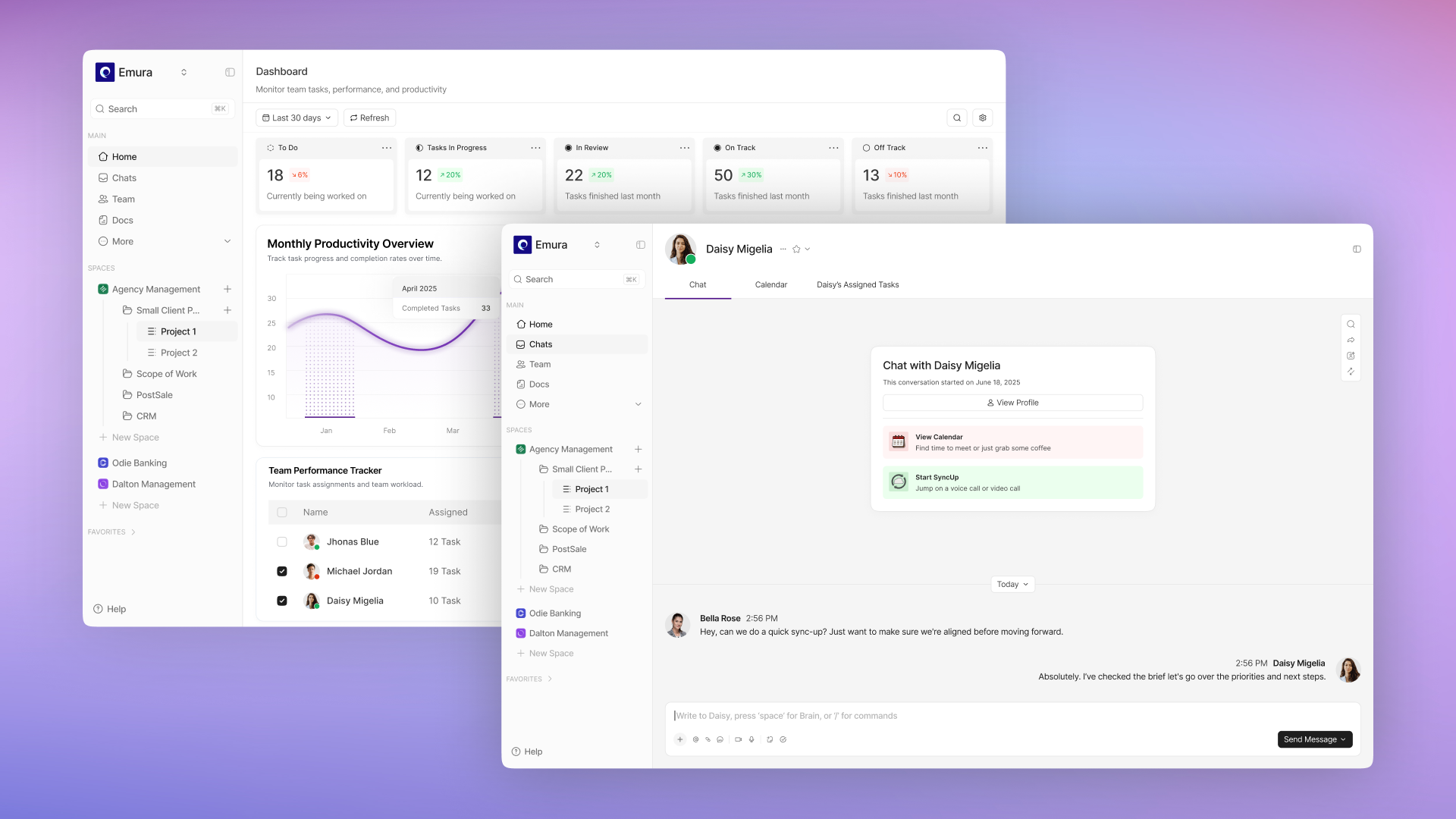
Most companies start communicating with clients through messengers – it’s convenient, fast, and practically free. Viber, WhatsApp, and other apps make it easy to establish communication: answer questions, send documents, arrange meetings.
But as the business grows, it becomes clear: chat apps are no longer enough, and for advanced features like WhatsApp Business API, additional costs or intermediaries are often required. Conversations get lost, deals aren’t tracked, and the history of interactions with clients is scattered across different chats. At this point, a CRM becomes essential.
In this article, we’ll cover:
For small businesses and startups, messengers are a logical choice. They don’t require investment, are familiar to users, and allow you to “just start.”
The advantages are obvious:
Popular messengers provide minimal but useful functionality:
At the start, this is enough – especially with a small flow of inquiries.
As the client base grows, chats start losing effectiveness. The main problems are:
As a result, the business loses control over communications – and needs a tool that restores structure and transparency.
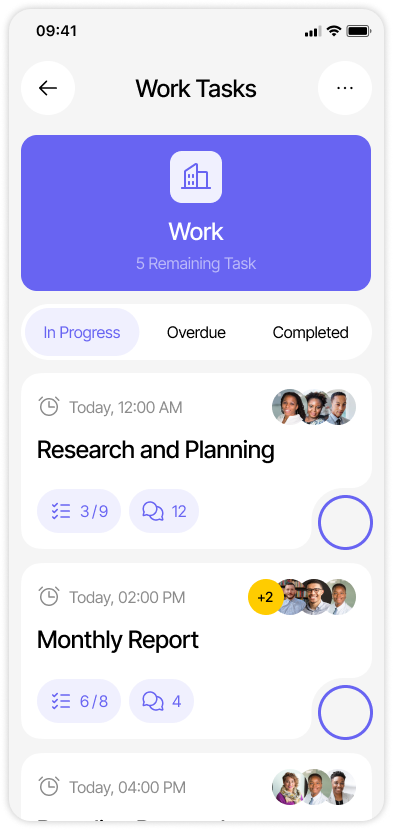
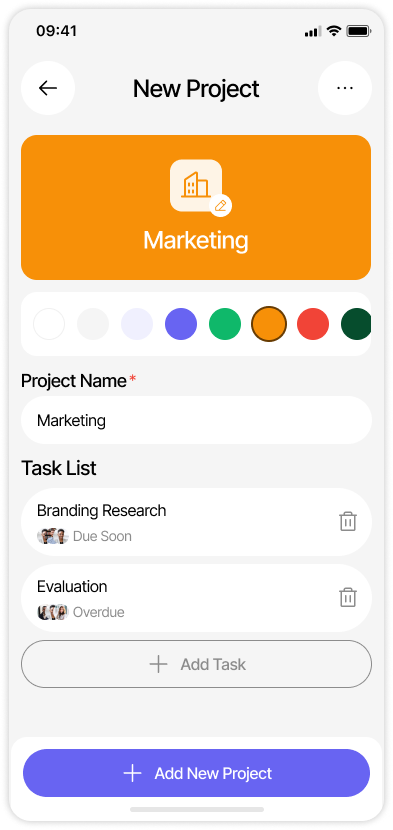

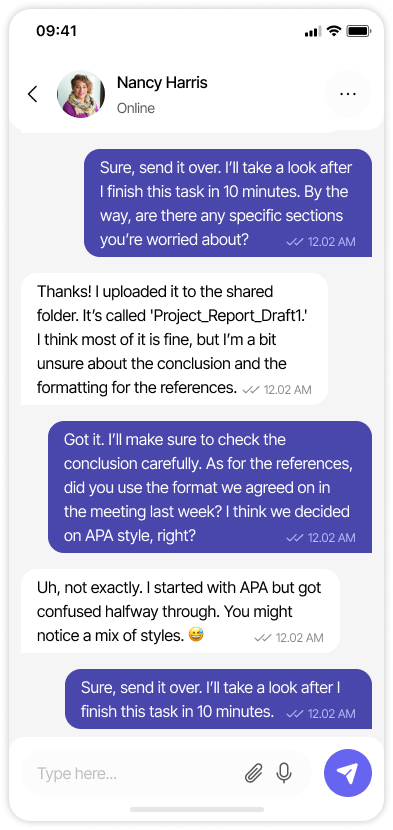
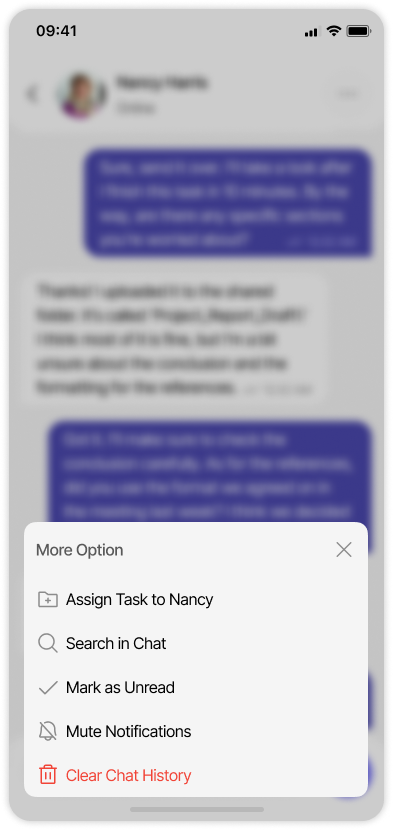
CRM with chat integration
Online chat is a fast and familiar way of communication, but it is limited to messaging only. When you need to build a sales funnel, analyze channels, or coordinate teamwork – that’s when the need for a CRM becomes obvious.
Such a system covers the entire customer journey: from the first inquiry to closing the deal, including analytics, planning, task management, and integrations with other tools.
Simply put, a CRM is not just about messages – it’s about managing the entire client history and the business processes around it.
Once a business grows beyond five leads and one manager, the benefits of a customer management system become clear:
And most importantly, a single communication hub brings order and control where there used to be just a chaotic flow of messages.
It’s important not to oppose but to combine. Clients want to write where it’s convenient for them – in Viber, Telegram, or WhatsApp. The CRM’s task is to receive these messages, merge them into a single interface, and give the manager full context: who wrote, at what deal stage, and what the history was.
This way, the business gets both the speed of chats and the control of a full system. It’s not an “either-or” choice, but a “both-and” solution – convenient for the client and transparent for the company.
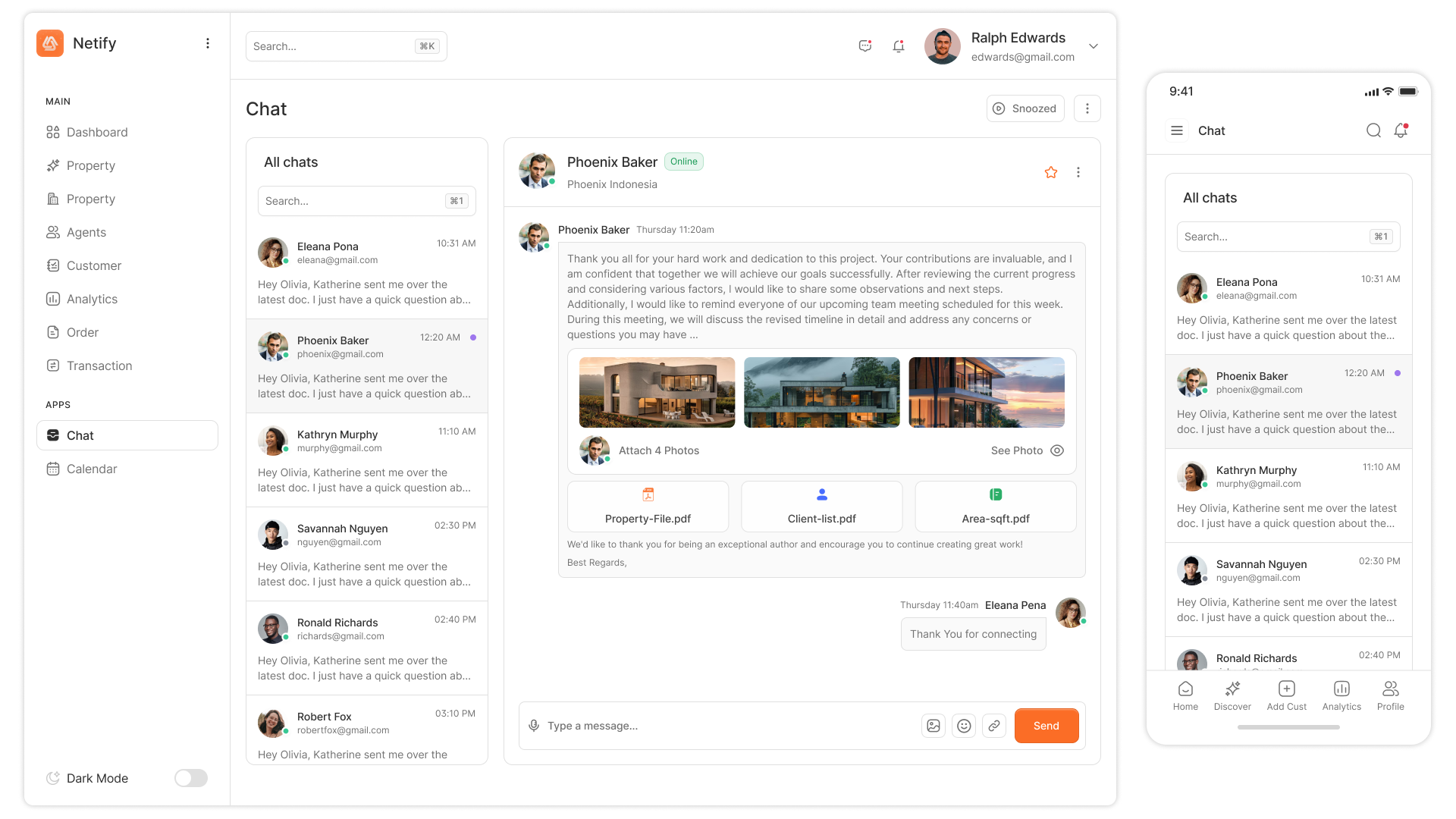
At the start, messengers are enough. But if you increasingly encounter situations like:
Then the business has already outgrown simple chats. It’s time to move to a systematic approach.
Chat in a multifunctional CRM system for business
When choosing a system, don’t chase big names. What matters is whether the CRM solves your specific tasks. Pay attention to key parameters:
The right customer management system isn’t a “box,” but a tool that grows with your company and adapts to its logic.
Since clients still write in WhatsApp, Telegram, and Viber, it’s critical that your corporate system can handle these channels. When evaluating, check:
This approach brings maximum value: clients communicate in their usual way, while managers work inside the system with full context, analytics, and automation. We covered this in more detail in our article about the advantages of chat-oriented platforms.
Many companies aren’t ready to abandon chat apps – and that makes sense. Clients prefer writing in Telegram or Viber over filling out a website form. We took this into account when developing AvaCRM, our own customer management system focused on messaging and live interaction.
In AvaCRM, messengers aren’t excluded – they become part of the overall system. A manager replies to the client in a familiar format: sending messages, forwarding files, clarifying details. But at the same time:
Chat integration isn’t just convenience – it’s a step toward an omnichannel model, where all communications are gathered in one system:
This approach combines the best of both worlds:
AvaCRM is an example of a system that helps businesses grow without sacrificing service quality.
AvaCRM screens
Messengers are a great starting point. They help establish contact, respond quickly to requests, and launch initial sales. But as the business grows, it becomes clear: a chat alone is not enough. Without a unified customer management system, it’s hard to control processes, manage the team, see the full picture, and scale. Chaos, duplicated tasks, and lost leads inevitably appear.
The best solution is not “CRM instead of messengers,” but a CRM + messenger combination. This preserves client convenience while giving the business full infrastructure – deals, tasks, analytics, and reports. That’s exactly how AvaCRM works – a chat-oriented system where all communication and management happen in one place.
If you’re looking for a reliable solution and aren’t sure how to choose a CRM tailored to your business – we’ll help you figure it out and find the optimal option. And if standard systems don’t fit your processes – we’ll build a custom CRM adapted to your company’s goals.
Contact us to discuss your project and get recommendations for the first steps.
Can you run a business only through messengers?
Yes – at the start. But as clients grow, requests begin to get lost, control becomes harder, and service quality drops. Messengers are good as a first step, but not as a long-term growth strategy.
How much does a CRM with chats and integrations cost?
It depends on your needs. Basic solutions can be affordable, but if you need website, ERP, accounting integrations, or custom workflows – you should budget for custom development. To get an estimate, you can use our CRM cost calculator.
What happens if you connect a CRM too late?
The risks are significant: lost clients, chaotic manager workflows, lack of analytics. This slows growth and lowers conversion at every stage of the funnel.
Can you transfer chat history from Telegram or WhatsApp to a CRM?
There’s no official way to transfer all chat history into a CRM. Integrations allow saving new messages directly in the client’s profile. Old conversations can be exported manually and attached (relevant for Telegram), while WhatsApp history stays in the app. All new messages, however, will be captured in the CRM.
Why does a small business need a CRM?
To build a systematic approach to client management from the start. Even with a small number of requests, a CRM helps keep contacts organized, track communication history, distribute tasks, and see which channels work best. This creates a foundation for growth without chaos or service failures.
Contact the experts Have a question?
Developed by AVADA-MEDIA™
The user, filling out an application on the website https://avada-media.ua/ (hereinafter referred to as the Site), agrees to the terms of this Consent for the processing of personal data (hereinafter referred to as the Consent) in accordance with the Law of Ukraine “On the collection of personal data”. Acceptance of the offer of the Consent is the sending of an application from the Site or an order from the Operator by telephone of the Site.
The user gives his consent to the processing of his personal data with the following conditions:
1. This Consent is given to the processing of personal data both without and using automation tools.
2. Consent applies to the following information: name, phone, email.
3. Consent to the processing of personal data is given in order to provide the User with an answer to the application, further conclude and fulfill obligations under the contracts, provide customer support, inform about services that, in the opinion of the Operator, may be of interest to the User, conduct surveys and market research.
4. The User grants the Operator the right to carry out the following actions (operations) with personal data: collection, recording, systematization, accumulation, storage, clarification (updating, changing), use, depersonalization, blocking, deletion and destruction, transfer to third parties, with the consent of the subject of personal data and compliance with measures to protect personal data from unauthorized access.
5. Personal data is processed by the Operator until all necessary procedures are completed. Also, processing can be stopped at the request of the User by e-mail: info@avada-media.com.ua
6. The User confirms that by giving Consent, he acts freely, by his will and in his interest.
7. This Consent is valid indefinitely until the termination of the processing of personal data for the reasons specified in clause 5 of this document.
Send CV
Contact us in any convenient way for you:
+ 38 (097) 036 29 32